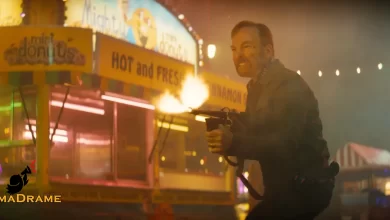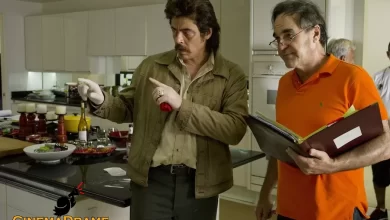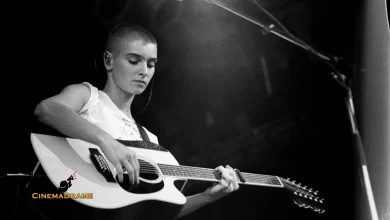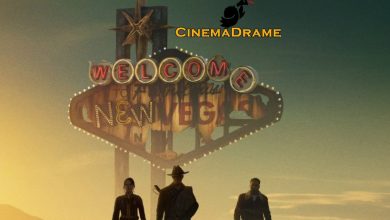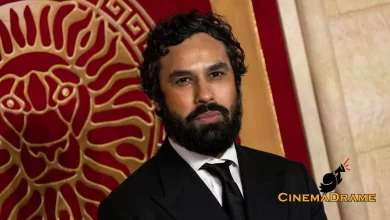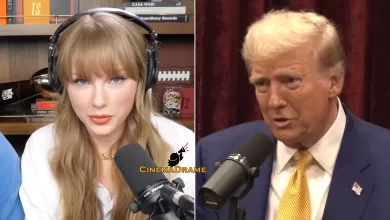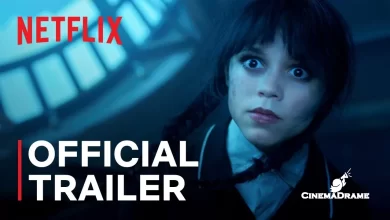Field Analysis by Mahmood Gabarloo on the Selection Committee
Mahmood Gabarloo – Veteran Film Critic
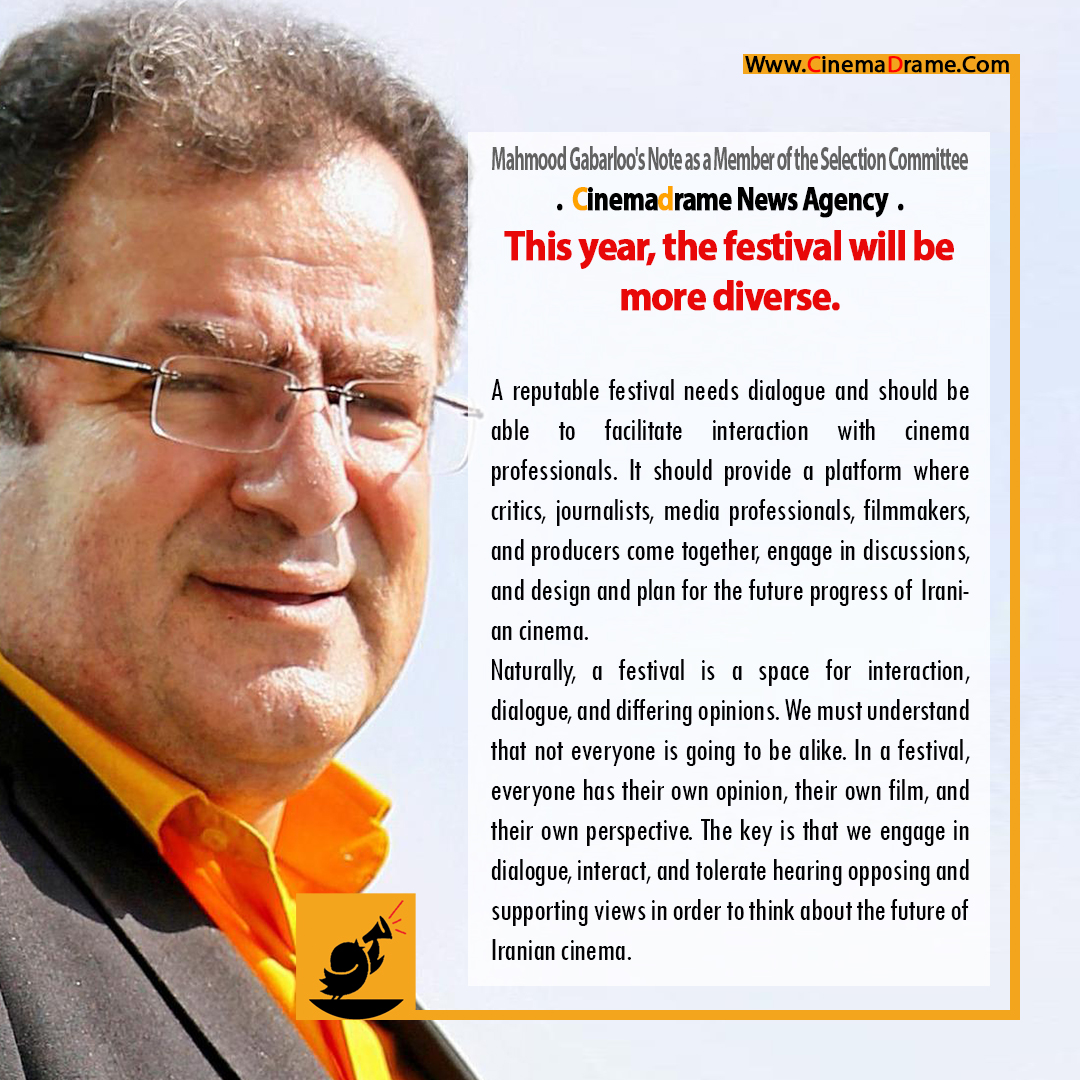
Cinemadrame News Agency Report
Mahmood Gabarloo, a veteran cinema critic, has shared a series of notes offering a field analysis and report on the selection committee of the Fajr Film Festival, of which he is now a prominent member. Here’s what he wrote:
After entering the selection committee session, I quickly realized who the members were! Before, I had spoken with Mr. Shahsavari on the phone and mentioned that I would not be willing to participate if any government officials were involved. He reassured me that everyone is of the same caliber, and I agreed. A quick glance around the room and a review of their backgrounds put me at ease. Mr. Khoshkhou, an old critic whose discussions I follow, was present. I asked not to be included in the session, as usually only one critic attends, but he insisted on having two critics and writers, stating that it was important to them. I was pleased to see Mr. Soheili and Ms. Qaydi, two experienced filmmakers with different perspectives. Ms. Rana Azadivar, a talented actress, was also there, known for her remarkable performance in the series Zakhm Kari. Mr. Misbah, a respected and skilled producer, was present as well, and Mr. Karami, a well-known figure in cinema and television theory, whose expertise is rare, was in attendance. It felt like an excellent opportunity to be among such a diverse group of cinema professionals.
I waited for the festival’s secretary to give instructions on what to do and what not to do, so I could take a stance. But without much introduction, he simply said: “Choose films that will add to your cinema expertise and prestige, and you should be proud of your selections.” I asked if there were any regulations, guidelines, or considerations to follow, to which Shahsavari replied: “Do not worry about anyone’s preferences or orders. The festival is for filmmakers, and we have selected seven of them to choose films for their peers. We are only here to serve the cinema community and ensure the festival is held with grandeur. The only rule is that you must select thirty-three films, that’s all!”
After the instructions, we had lunch, took photos, and began watching films in the dark room with the seven of us present.
We start watching films at 8 a.m., with a light breakfast, and continue until late at night. Those who are late have to watch the remaining films alone. When a film ends, we place our hands on our notebooks, school-style, so no one can see our scores and notes until the final decision-making.
We evaluate films based on professional filmmaking criteria such as directing, the proper handling of ideas, the selection and guidance of actors, an engaging screenplay structure, cinematography, creative editing rhythms, and the originality in addressing topics and conveying messages. Before scoring, we consult with each other to consider points we might have missed. Mr. Misbah usually provides subtle insights about team selection and production paths, while Mr. Soheili offers precise notes on directing. Ms. Qaydi is particularly sensitive to the structure of the work and often brings up valuable points, while Ms. Azadivar surprises us with insightful remarks on the story and narrative, not just acting. Mr. Karami, with his patience, delves into the deeper meanings of the work, and Mr. Khoshkhou expresses his clear and skillful views on the film’s form and structure. After considering all these perspectives, we either assign a positive or negative score and record it on paper.
The most important part of this committee is the discussions about the films, which sometimes turn into praise and admiration, and other times into complaints and criticism. Despite this, we all agreed from the beginning to avoid any preconceptions about the film, its summary, the filmmaker’s past work, or the opinions of others about it.
This year, what stands out is the presence of young filmmakers tackling profound human themes through innovative structures, something I will discuss in more detail later.
I believe it is beneficial to have someone in the committee who is well-versed in cinema, understands both Iranian and international works, and can analyze today’s cinema world. Having critics and writers with a strong command of cinema in the selection or jury panels is crucial. A reputable festival requires dialogue and interaction with the cinema community. It should provide a platform for critics, journalists, filmmakers, and producers to gather, converse, and design plans for the future of Iranian cinema.
Naturally, a festival is a space for interaction, discussion, and differing opinions. We must understand that not everyone is the same, and it’s important to listen to both opposing and supporting views. For the future of Iranian cinema, we must think about how to adapt to technological advancements and new ideas so that it continues to shine both domestically and internationally.
We cannot ignore the diversity of genres because audiences have different tastes when watching festival films, and filmmakers may also explore various genres. We need to watch them all. My prediction for this year’s festival is that it will be more diverse than previous years.
